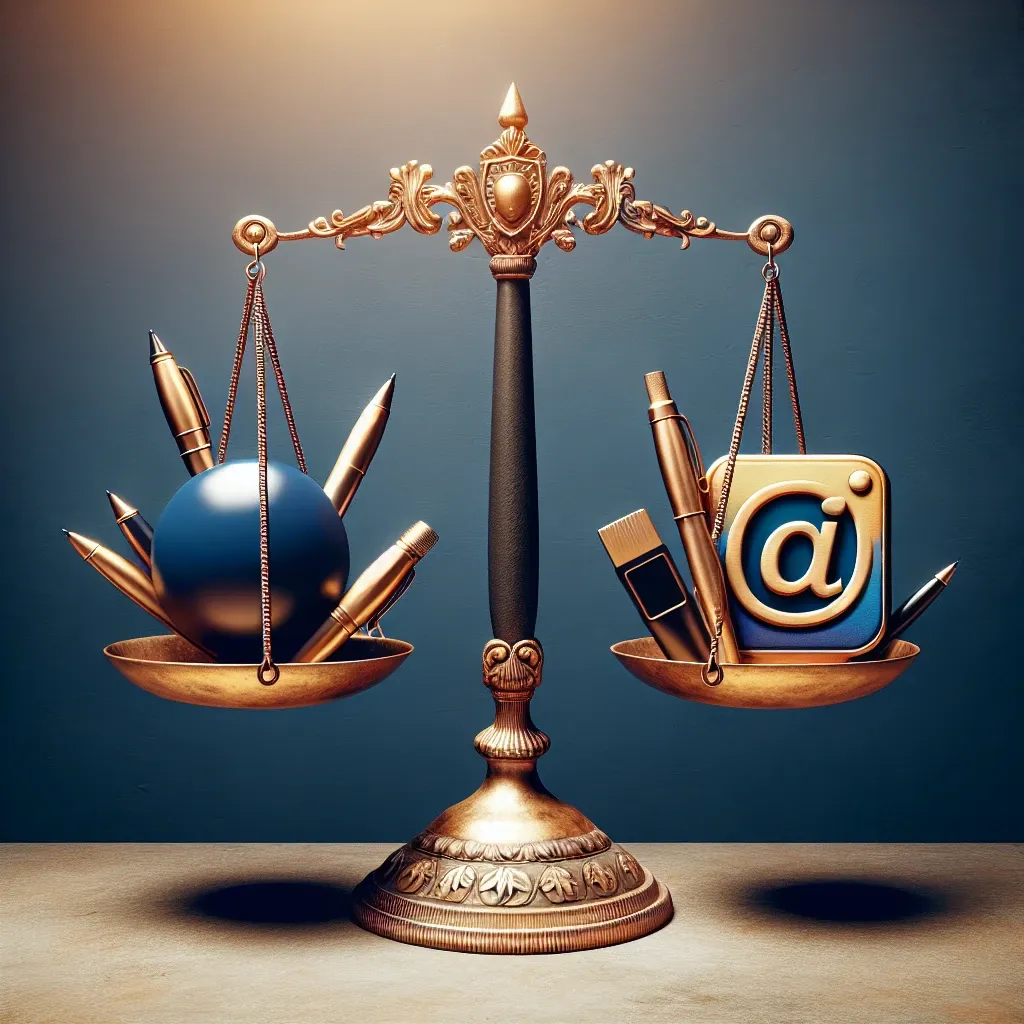Understanding Copyright on Social Media
The rise of social media has revolutionized how we share and consume content. However, it has also brought challenges around copyright infringement. Understanding copyright laws is crucial to ensure that you share content legally without infringing on someone else’s rights.
What is Copyright?
Copyright is a legal mechanism that grants the creator of original content exclusive rights to its use and distribution. This generally includes the rights to reproduce, distribute, perform, display, or license the work. It automatically applies to all original works, including text, photos, videos, and music.
Common Copyright Infringements on Social Media
- Unauthorized Sharing: Uploading someone else’s content without permission.
- Improper Attribution: Failing to credit the original creator, even when permitted to share.
- Commercial Use: Using copyrighted content for commercial purposes without consent.
The Concept of Fair Use
Fair Use is a legal doctrine that permits limited use of copyrighted material without acquiring permission from the rights holders under specific circumstances.
Factors Determining Fair Use
- Purpose and Character: Non-commercial, educational, or transformative uses are more likely to be considered fair use.
- Nature of the Work: Using factual works is more likely to be fair use compared to fictional works.
- Amount and Substantiality: Using small excerpts may qualify as fair use, while using substantial parts of the work may not.
- Effect on Market: If the use negatively impacts the market for the original work, it is less likely to be considered fair use.
Best Practices for Sharing Content Legally on Social Media
- Seek Permission: Always seek permission from the copyright owner before sharing their content.
- Use Free and Licensed Content: Utilize content that is free or available under Creative Commons licenses.
- Give Proper Attribution: Always credit the original creator when sharing their work.
- Transformative Use: If you edit or add commentary, ensure it transforms the original work enough to potentially qualify as fair use.
Tools and Resources
Several tools and resources can help you stay compliant with copyright laws on social media:
- Creative Commons: A repository of free-to-use content available under various licenses.
- Public Domain: Content that is no longer under copyright can be freely used.
- Takedown Services: Use these services to report copyrighted content misuse on social media platforms.
Conclusion
Understanding copyright and fair use is essential for responsibly sharing content on social media. By following the best practices outlined above, you can ensure that you respect copyright laws while enjoying the benefits of social media platforms.

